11 GPTs for Mythological Research Powered by AI for Free of 2025
AI GPTs for Mythological Research are advanced generative pre-trained transformers tailored for exploring, analyzing, and generating content related to mythologies from around the world. These AI tools leverage the power of machine learning to sift through vast amounts of data, texts, and scholarly work, making them highly effective for uncovering insights, patterns, and connections within mythological studies. Their relevance lies in their ability to process and generate information that aids in the interpretation, teaching, and innovative application of mythological content, bridging the gap between traditional scholarship and modern computational methods.
Top 10 GPTs for Mythological Research are: 神話→SF,Chinese fairy tales,Mythos Guide,Myth Explorer,Folklore Scholar,Legend,Grimoire Builder,Vampire Lore Master,Norse Myth Weaver,🏺 Mythos Quizmaster Oracle 🎲
神話→SF
Transforming Myths into Sci-Fi Realities, AI-Powered
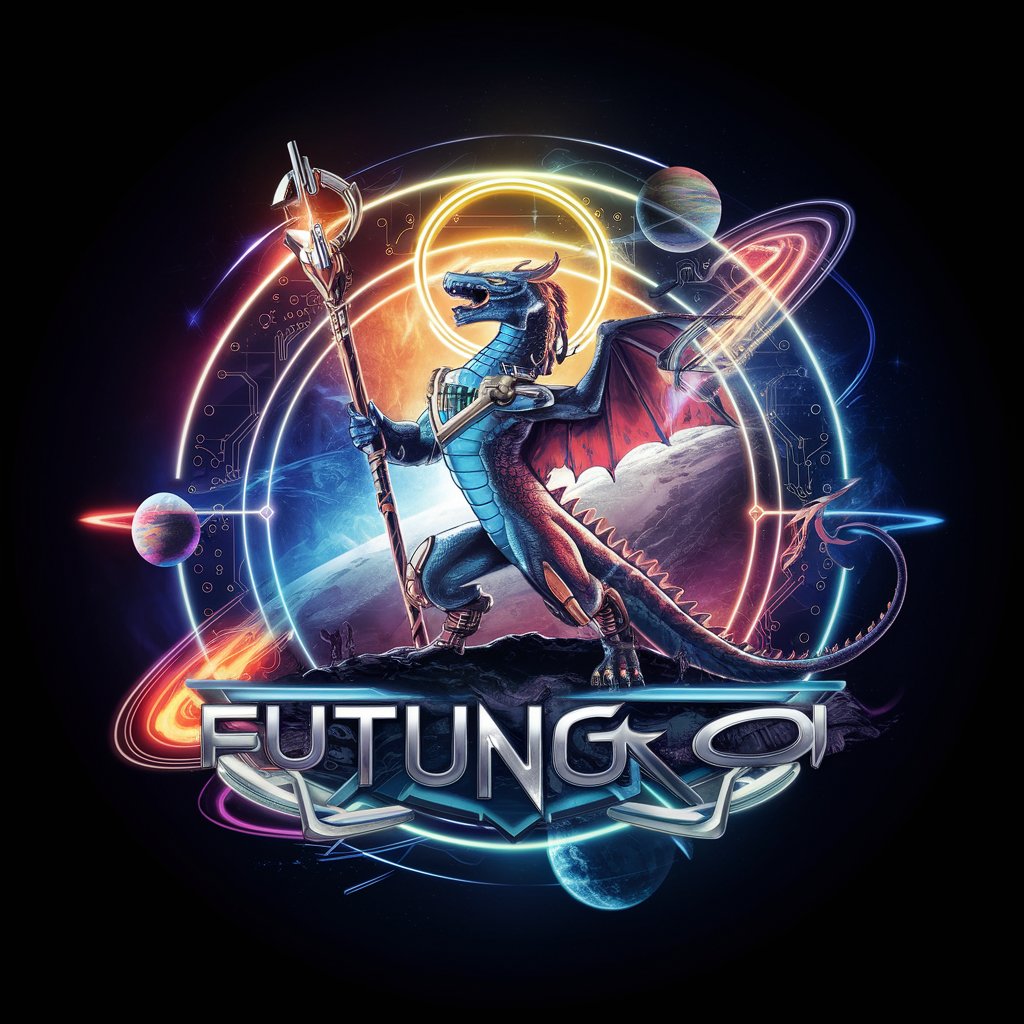
Chinese fairy tales
Bringing Ancient Myths to Life with AI
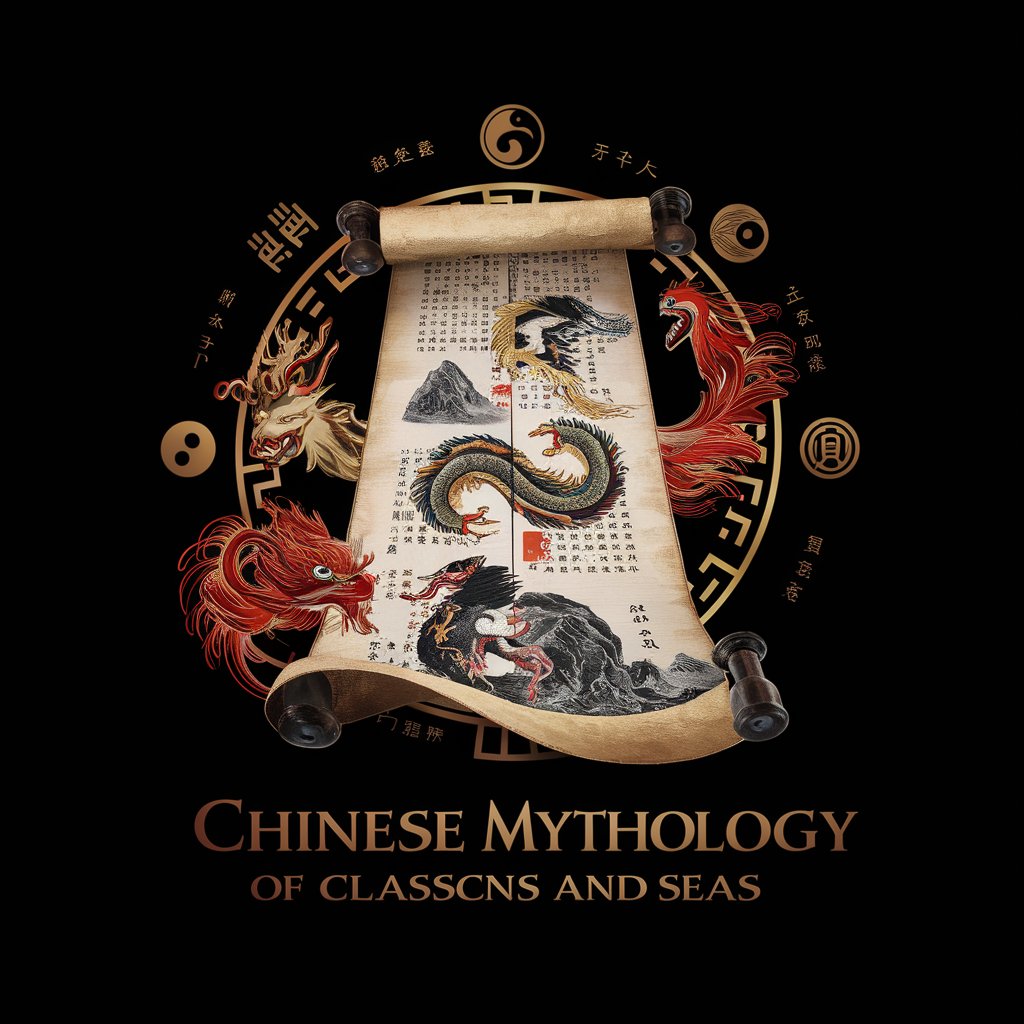
Mythos Guide
Bringing Myths to Life with AI
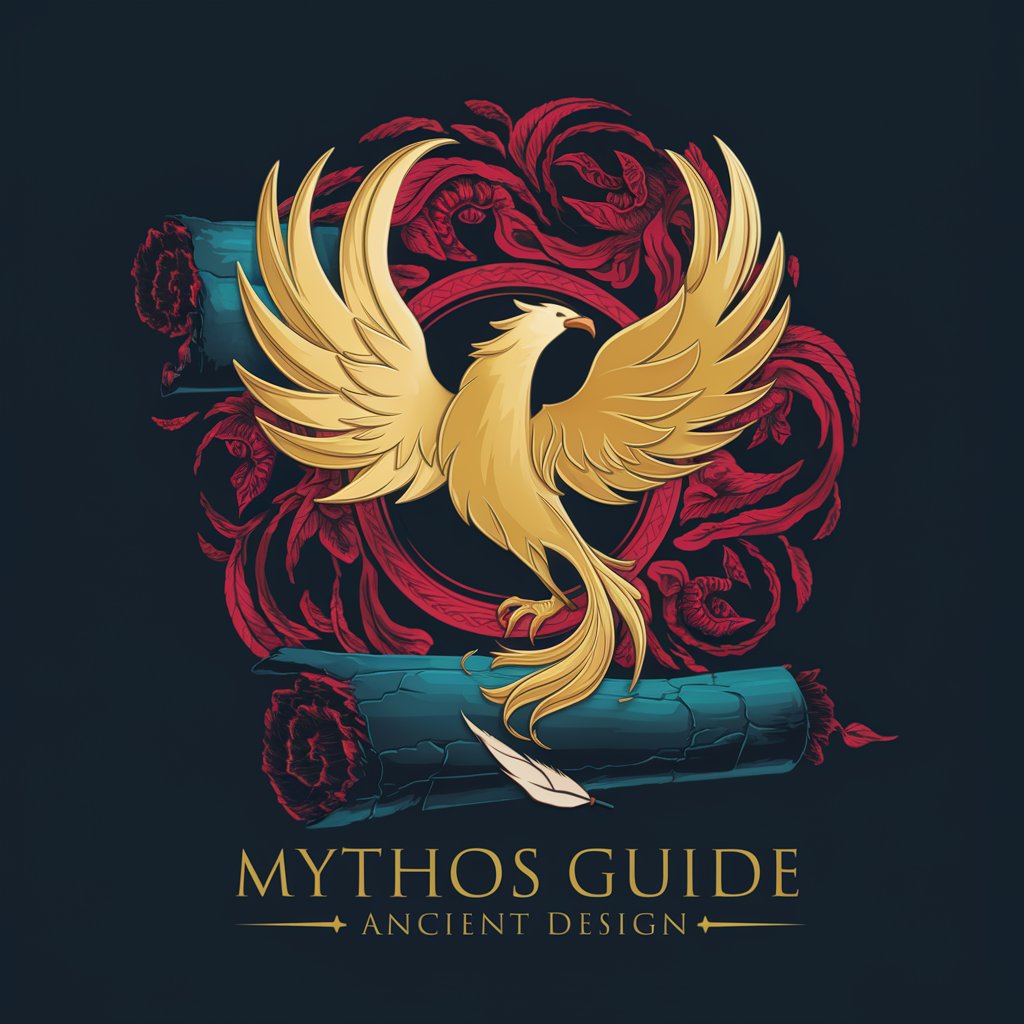
Myth Explorer
Exploring Myths, Unveiling History
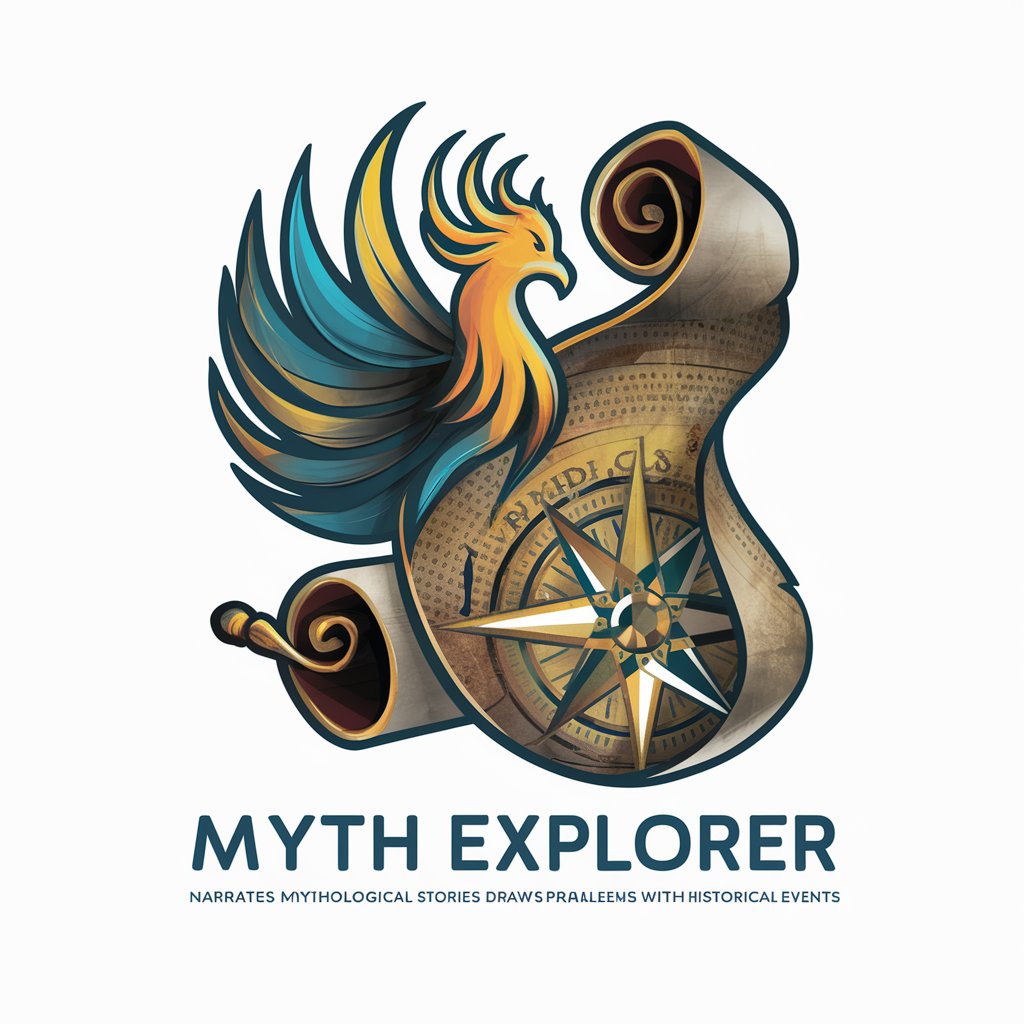
Folklore Scholar
Unlocking the wisdom of myths with AI
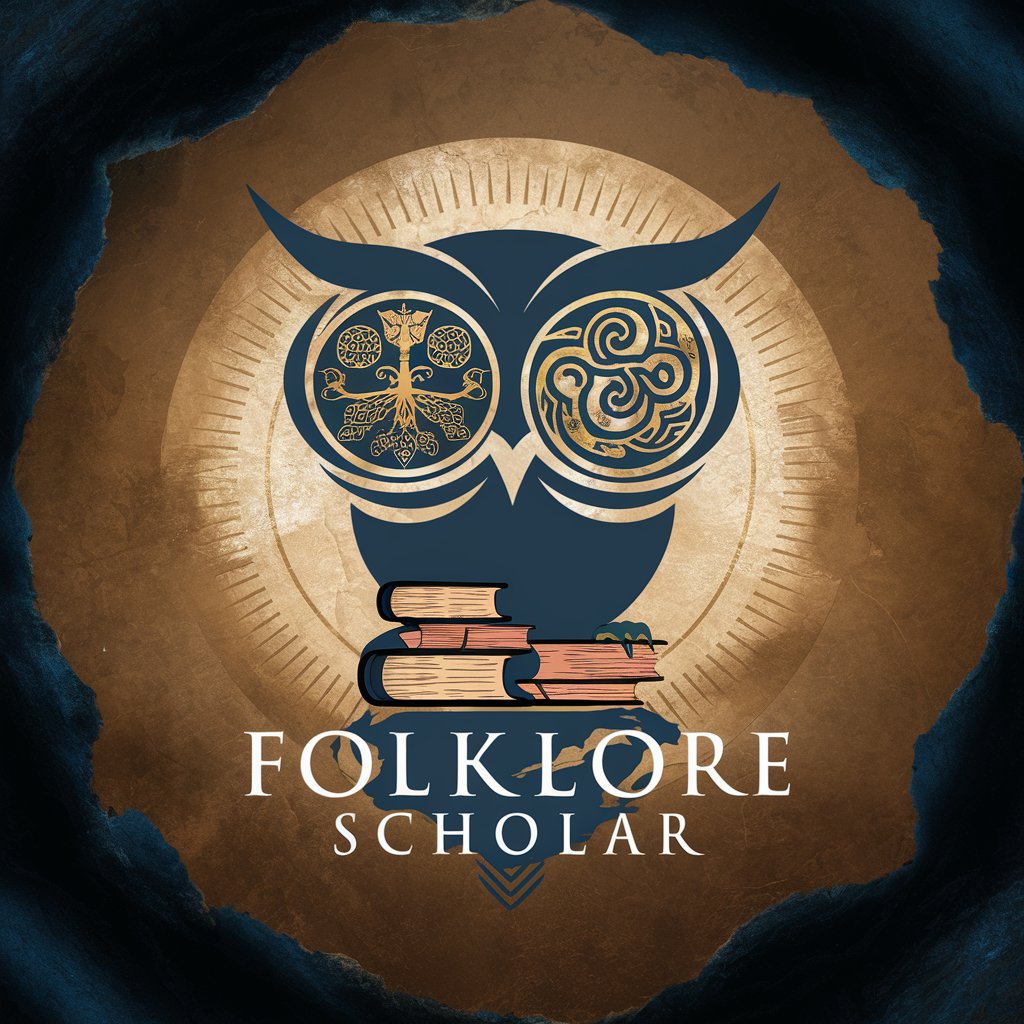
Legend
Bringing ancient legends to life with AI
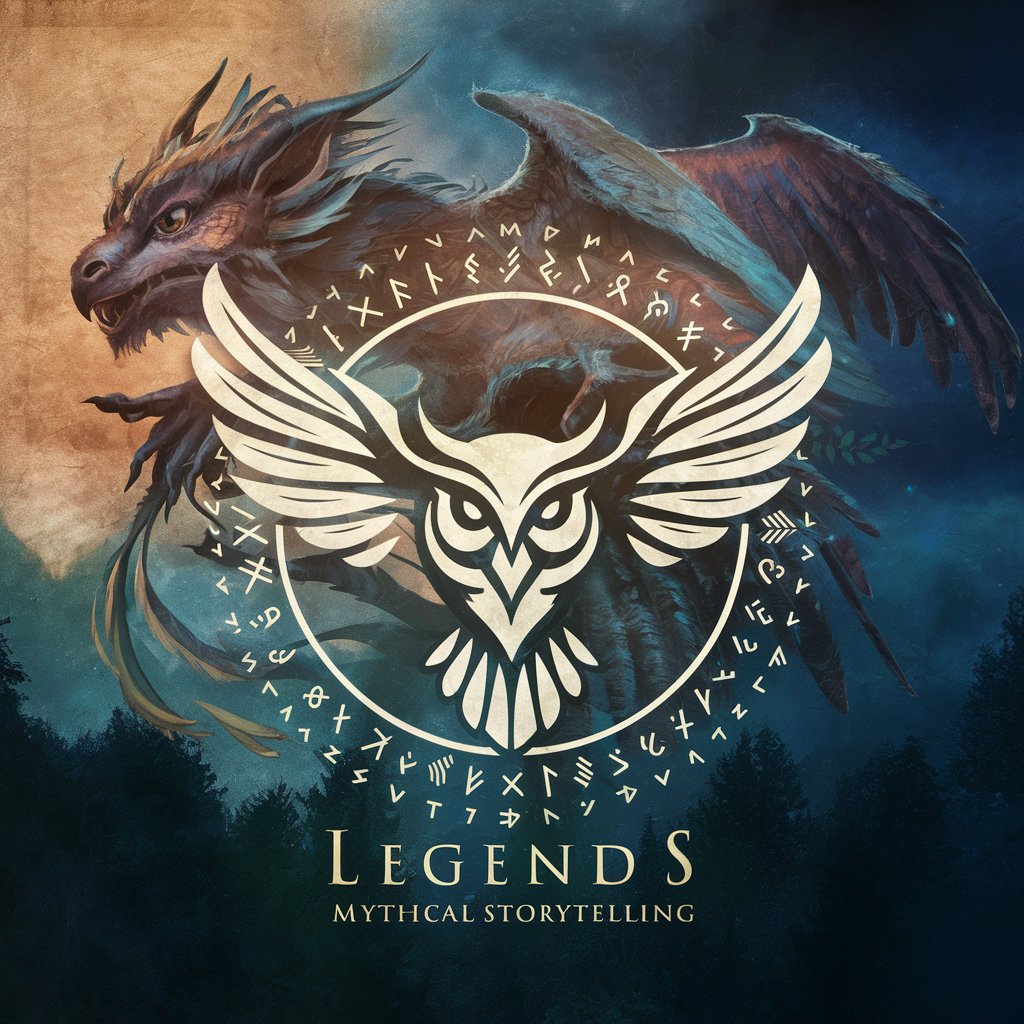
Grimoire Builder
Unleash magic with AI-powered lore creation

Vampire Lore Master
Unlocking the Mysteries of Vampirism

Norse Myth Weaver
Unleash the lore with AI-driven Norse mythology insights.
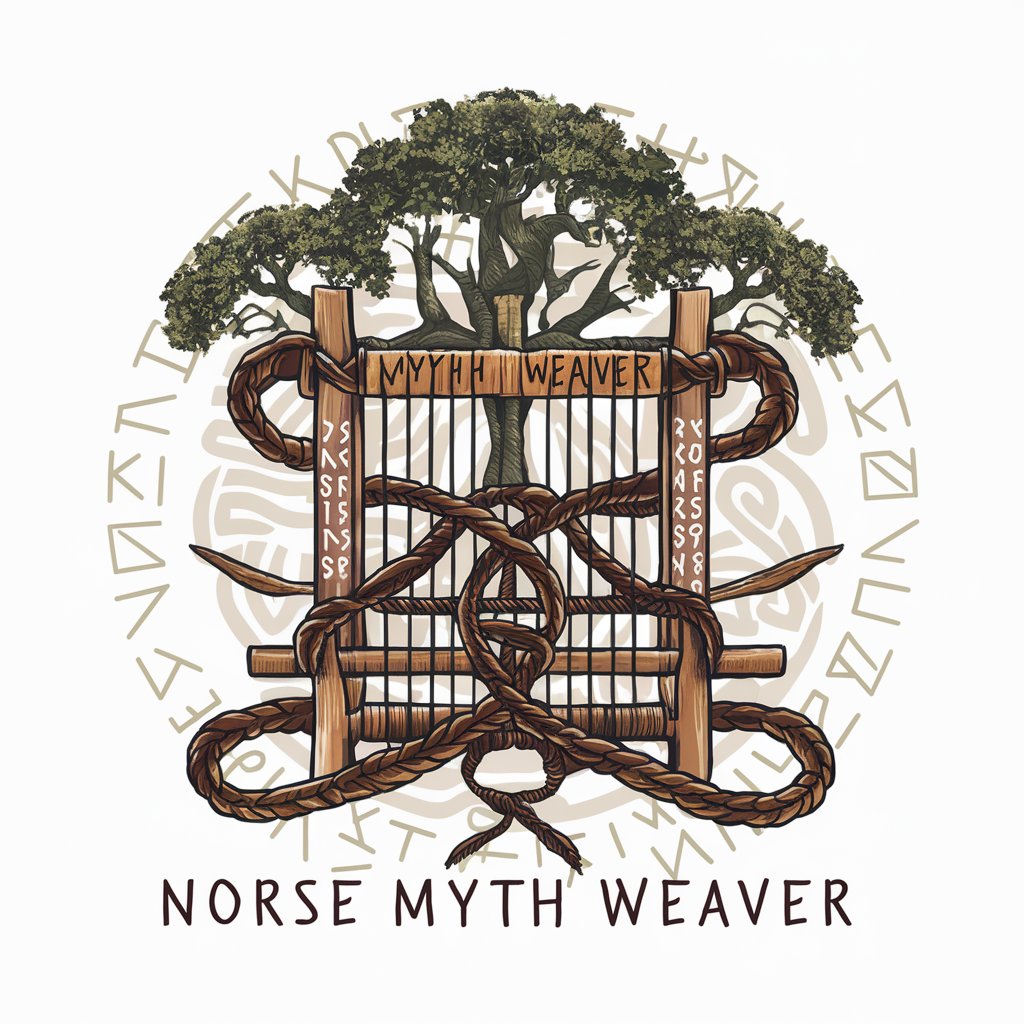
🏺 Mythos Quizmaster Oracle 🎲
Unveil mythology with AI-powered quizzes
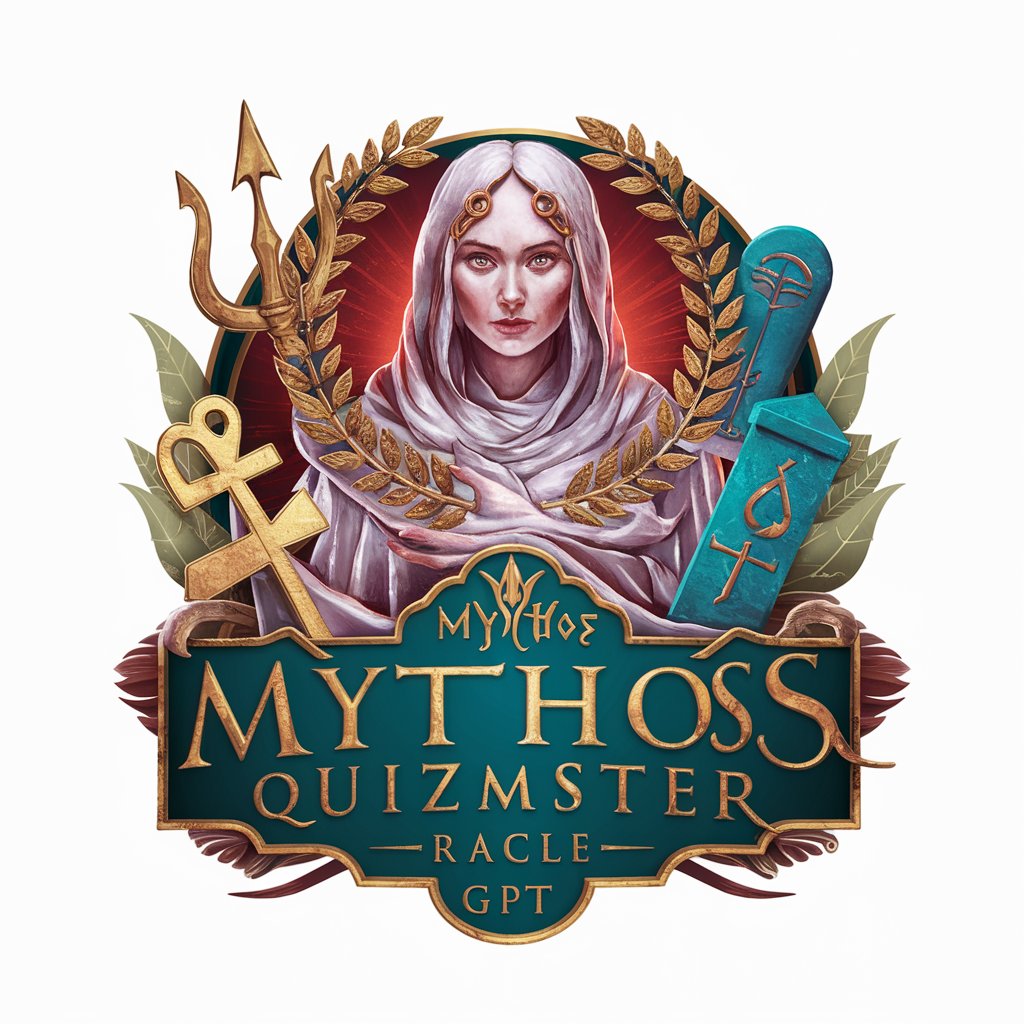
🏺 MythMaster Quiz Oracle 📜
Explore Myths with AI-Powered Oracle
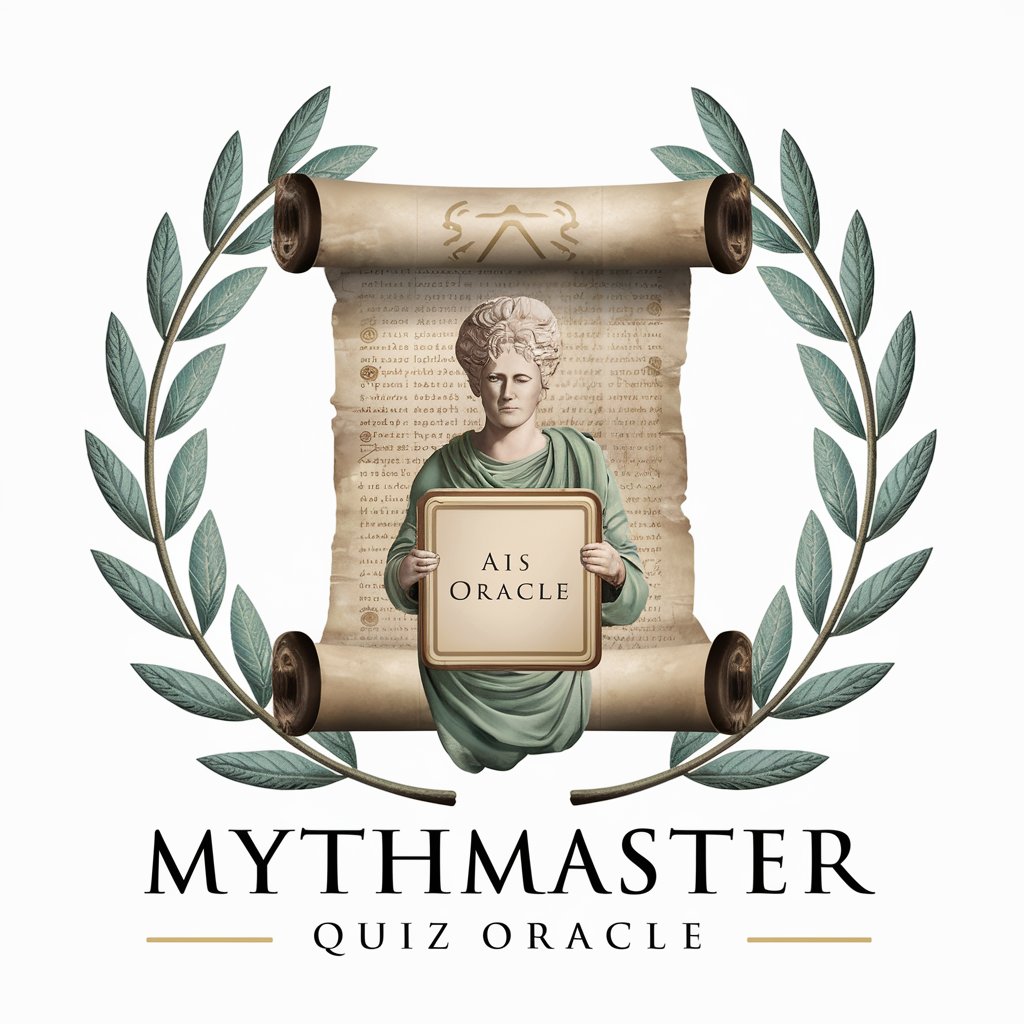
Distinctive Capabilities of Mythological Research AIs
AI GPTs designed for Mythological Research boast a range of unique features that cater to the intricate needs of this domain. Key capabilities include advanced natural language processing for understanding and generating complex mythological narratives, adaptability across various mythological frameworks and languages, and the ability to learn from new inputs to refine their outputs. Special features include image creation from mythological descriptions, in-depth data analysis for uncovering trends in mythological studies, and web searching capabilities for the latest research findings. These tools are designed to evolve from simple question-answering functions to complex narrative generation, making them versatile assets in the field of mythological research.
Who Benefits from Mythological Research AI Tools
The primary beneficiaries of AI GPTs for Mythological Research include scholars, educators, students, authors, and enthusiasts of mythology. These tools are accessible to novices, offering user-friendly interfaces for exploring mythological concepts without coding knowledge. Simultaneously, they provide extensive customization options for developers and professionals, enabling the creation of sophisticated analyses and applications tailored to specific research needs or educational objectives.
Try Our other AI GPTs tools for Free
Methodological Advancements
Discover how AI GPTs for Methodological Advancements revolutionize research and development, offering tailored, innovative solutions for complex methodological challenges.
Interdisciplinary Insights
Discover how AI GPTs for Interdisciplinary Insights revolutionize the integration of knowledge across fields, fostering innovation and informed decision-making through tailored, accessible AI solutions.
Research Monitoring
Explore how AI GPTs for Research Monitoring are transforming the way research activities are tracked, offering real-time updates and tailored insights to keep you at the forefront of scientific advancements.
Adventure Game
Discover the transformative power of AI GPTs in adventure gaming, enhancing narratives, character interaction, and puzzle design for an unparalleled gaming experience.
Theory Learning
Explore the revolutionary world of AI GPTs for Theory Learning, where complex theories become accessible and engaging through tailored, interactive learning experiences.
Strategic Consultation
Explore AI GPTs for Strategic Consultation: Tailored AI solutions empowering informed decision-making and strategy development across industries.
Broader Applications and User-Friendly Design
Beyond traditional research, AI GPTs for Mythological Research find applications in creating educational content, developing interactive storytelling platforms, and enhancing cultural understanding through technology. Their user-friendly interfaces make them accessible to a broad audience, promoting the integration of mythological knowledge into diverse educational and creative contexts.
Frequently Asked Questions
What are AI GPTs for Mythological Research?
AI GPTs for Mythological Research are specialized AI tools designed to process, analyze, and generate content related to various mythologies, using advanced machine learning techniques.
How can these AI tools enhance mythological studies?
These AI tools can uncover insights, identify patterns, and generate narratives, facilitating a deeper understanding of mythological texts and traditions.
Who can use these AI tools for Mythological Research?
They are designed for a wide audience including scholars, educators, students, and enthusiasts of mythology, with features accessible to both novices and experts.
Can these AI tools generate mythological stories?
Yes, they can generate complex mythological narratives, adapting to various styles and frameworks based on user inputs.
Do these tools support multiple languages?
Yes, they are capable of processing and generating content in various languages, making them suitable for international mythological studies.
How do AI GPTs for Mythological Research learn?
These tools learn from vast datasets of mythological texts and scholarly articles, continuously improving their accuracy and relevance through machine learning algorithms.
Can I integrate these AI tools with other software?
Yes, they offer APIs and customization options that allow for integration with existing systems or workflows, enhancing research and educational platforms.
Are there any privacy concerns with using these AI tools?
These tools are designed with privacy in mind, ensuring user data and inputs are handled securely, with adherence to data protection standards.